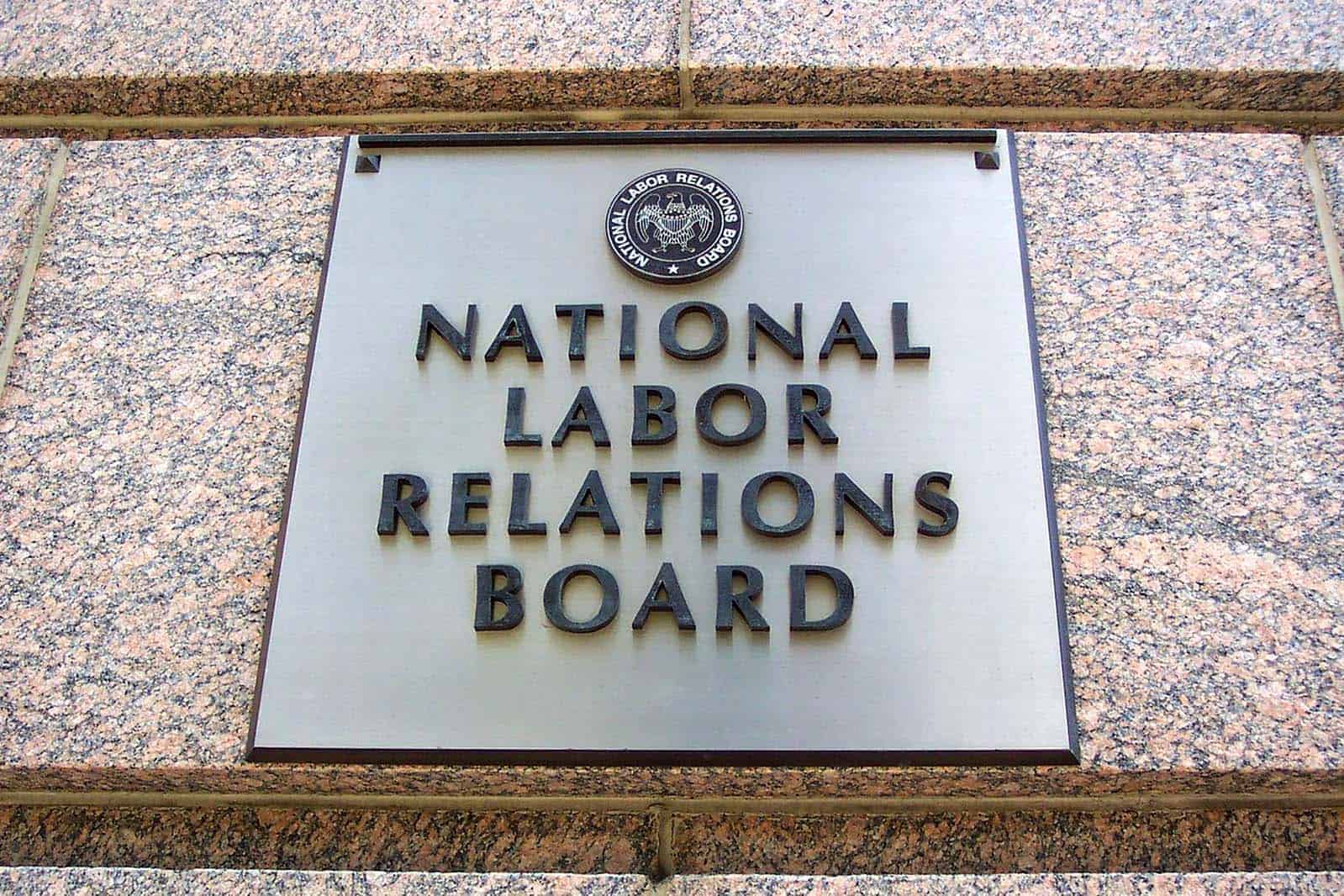
Ted Parker is a student at Harvard Law School and a member of the Labor and Employment Lab.
In today’s News and Commentary, internet celebrity Bryan Johnson’s saga before the National Labor Relations Board (NLRB) continues, while top law firms opt to appease the Equal Employment Opportunity Commission (EEOC) in its anti-DEI demands.
Bryan Johnson, once the owner of Venmo and now an anti-aging personality with his own Netflix documentary, faces ongoing controversy stemming from unfair labor practice (ULP) charges filed against him at the NLRB. The New York Times covered those charges, which concern his alleged practice of making employees sign “overly broad and unenforceable” non-disclosure and non-disparagement agreements. Under Stericycle, such agreements are illegal to the extent they are determined to “chill employees’ exercise of their rights” under Section 7 of the National Labor Relations Act (NLRA). According to the employees’ lawyer, Matt Bruenig, after the article in the Times came out, “Johnson’s lawyers began sending legal threats against individuals that participated in the story,” including one of the employees. Bruenig then filed another ULP charge against Johnson on the theory that the employees’ participation in the story was a “concerted activit[y] for the purpose of . . . mutual aid or protection” and therefore protected by Section 7 of the NLRA. This led to more publicity, this time in New York Magazine, where Johnson fired back that employees who object to the agreements “do not have to work here.” Bruenig responded by filing yet another ULP charge, quoting from a recent NLRB opinion: “[E]mployer suggestions, in response to employees’ . . . protected concerted activity, that if employees are unhappy they should seek employment elsewhere reasonably tend to coerce employees from exercising their rights under the Act.” Last Thursday, Johnson’s lawyers sent over another demand letter, which Bruenig characterizes as more “illegal retaliation.” It is unclear if Bruenig will file a fourth ULP charge.
Meanwhile, as the dust settles on the capitulation of several top law firms to the Trump administration (to the tune of nearly $1 billion in pro bono work), lingering questions remain about the EEOC’s role in those deals. In March, Acting Chair Andrea Lucas publicly sent letters to 20 firms requesting information about their diversity, equity, and inclusion (DEI) programs, including client and employee data. As seven former high-ranking EEOC officials pointed out in an open letter sent to those same firms, Acting Chair Lucas’ letters did not impose a legal duty on the firms to respond. (A properly filed Commissioner charge would have imposed such a duty, but those charges are confidential.) The officials also defended the established legality of DEI programs. Nevertheless, it appears that most of the probed firms retained high-powered outside counsel and responded to the letters, though without handing over the requested information. Some firms, including Kirkland & Ellis and Latham & Watkins, entered into settlement agreements with the EEOC, in which they “affirmed their commitment to lawful merit-based hiring, promotion, and retention” and “agreed to no longer categorize any lawful employment or [sic] practices. . . as DEI.” All this suggests that firms are looking to appease the EEOC, even though they don’t have to. This is in contrast to some of the law students working at those firms, who last week sued the EEOC over the letters.






Daily News & Commentary
Start your day with our roundup of the latest labor developments. See all
February 26
Workplace AI regulations proposed in Michigan; en banc D.C. Circuit hears oral argument in CFPB case; white police officers sue Philadelphia over DEI policy.
February 25
OSHA workplace inspections significantly drop in 2025; the Court denies a petition for certiorari to review a Minnesota law banning mandatory anti-union meetings at work; and the Court declines two petitions to determine whether Air Force service members should receive backpay as a result of religious challenges to the now-revoked COVID-19 vaccine mandate.
February 24
In today’s news and commentary, the NLRB uses the Obama-era Browning-Ferris standard, a fired National Park ranger sues the Department of Interior and the National Park Service, the NLRB closes out Amazon’s labor dispute on Staten Island, and OIRA signals changes to the Biden-era independent contractor rule. The NLRB ruled that Browning-Ferris Industries jointly employed […]
February 23
In today’s news and commentary, the Trump administration proposes a rule limiting employment authorization for asylum seekers and Matt Bruenig introduces a new LLM tool analyzing employer rules under Stericycle. Law360 reports that the Trump administration proposed a rule on Friday that would change the employment authorization process for asylum seekers. Under the proposed rule, […]
February 22
A petition for certiorari in Bivens v. Zep, New York nurses end their historic six-week-strike, and Professor Block argues for just cause protections in New York City.
February 20
An analysis of the Board's decisions since regaining a quorum; 5th Circuit dissent criticizes Wright Line, Thryv.